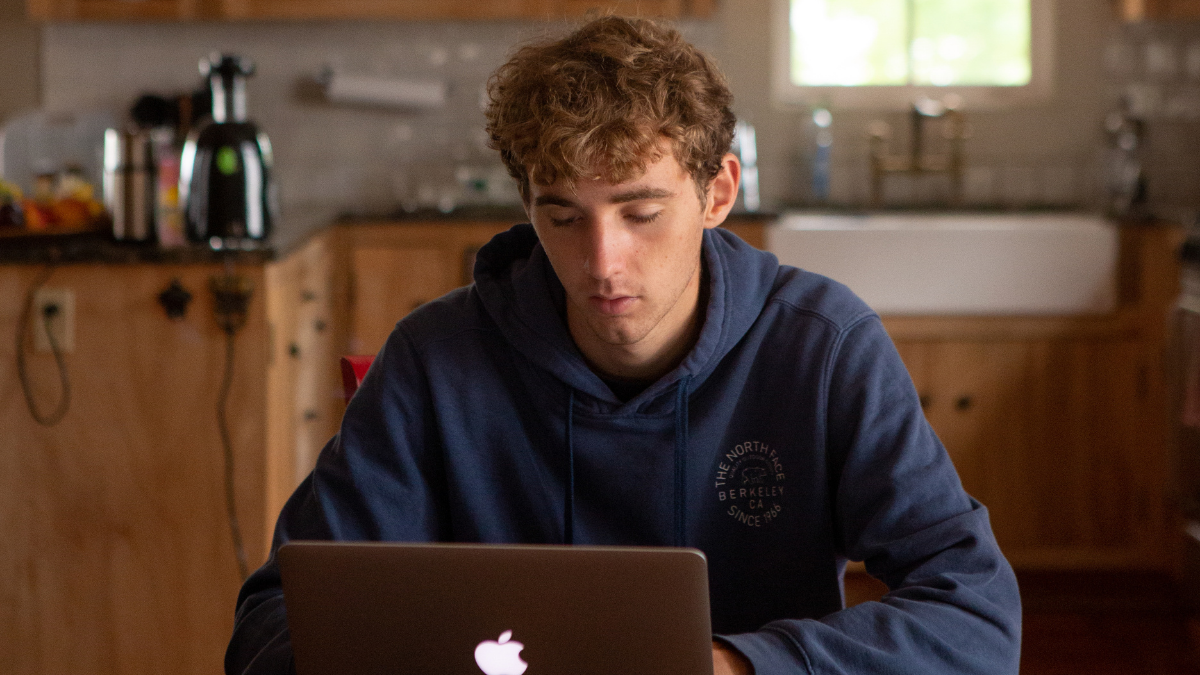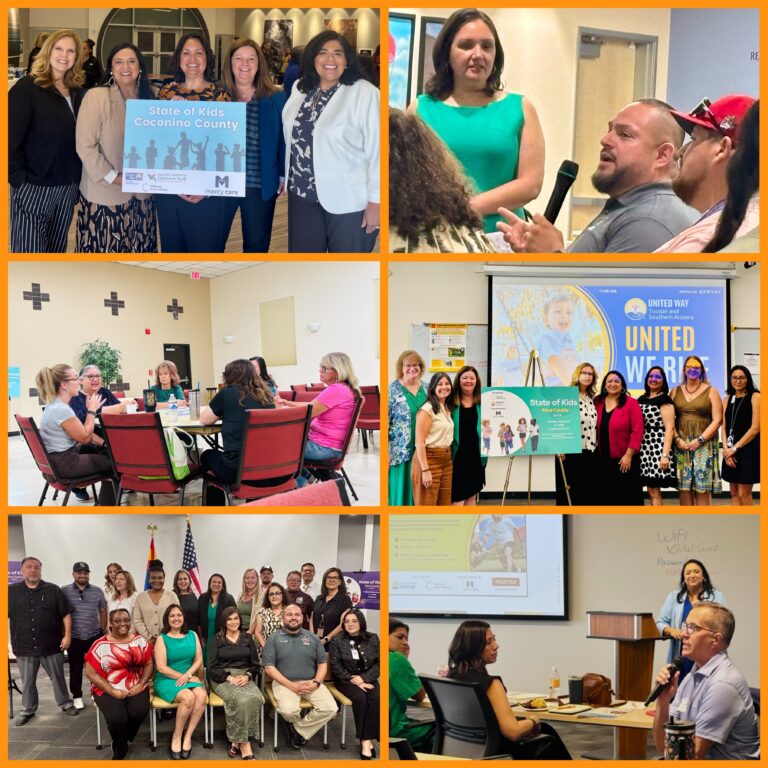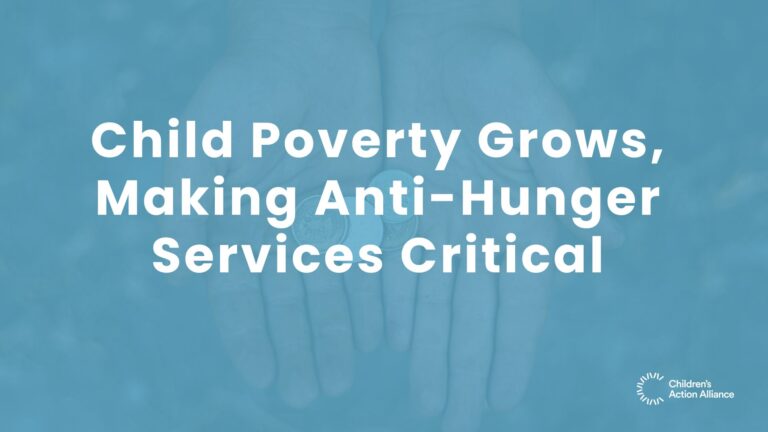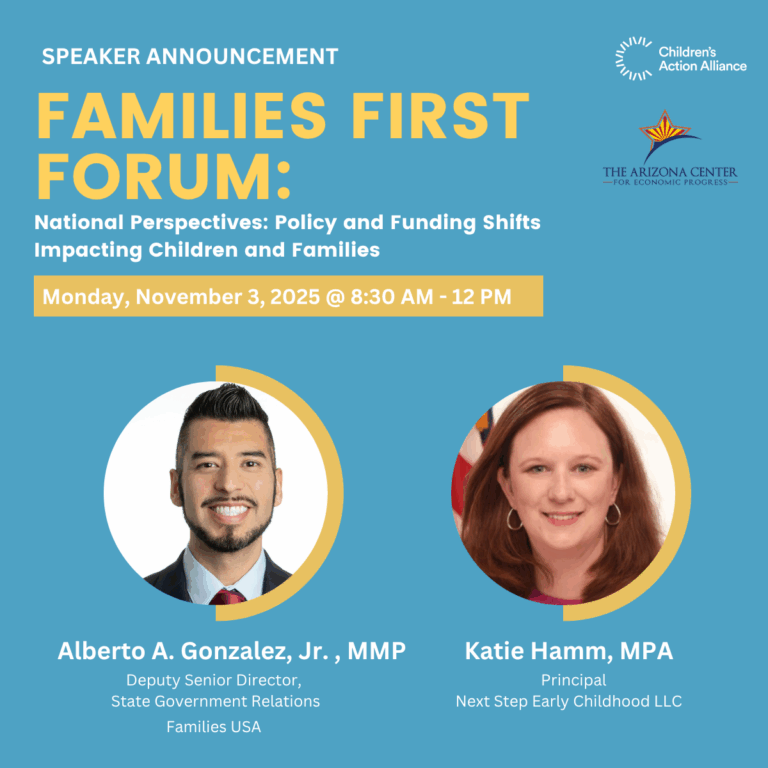
CAA and FAAZ Seek Increased Supports for Youth Transitioning from Foster Care
Legislation to increase financial supports provided to transition-age foster youth has passed out of the Arizona State Senate and is being considered by the House of Representatives. SB 1325 (Shope) would increase the Independent Living Subsidy provided to youth ages 18 to 21 who are participating in extending foster care from $715 to $1,200 a month.
Extended foster care allows youth who would otherwise “age-out” of foster care at 18 to voluntarily remain in care until age 21. Studies show that youth who participate in extended foster care are more likely to complete high school, enroll in college, and be consistently employed, and they are less likely to need public food assistance, experience major economic hardship, become pregnant, or be involved in the criminal justice system. 1
Arizona’s extended foster care program assists foster youth as they transition to independence by providing support from a DCS case specialist and help meeting basic needs, including housing. Housing options include continuing with a foster family or group home placement or, if appropriate, DCS may support a young person living on their own, for example in an apartment or dormitory, by providing an Independent Living Subsidy.
The financial support provided by the subsidy is critical to helping foster youth find their footing as adults as they grow toward independence. But, at $715 a month with a $50 step down every six months, the subsidy amount has not kept pace with the cost of living. In Maricopa County, the average monthly cost of living for a single adult is estimated to be $2,457. 2

Through SB 1325 (Shope), CAA and Fostering Advocates Arizona, a group of young leaders with lived experience in foster care, are asking the state to increase the subsidy to $1,200 to better reflect the cost of living and provide transition-age foster youth with the meaningful financial support they need to become successful, independent adults.
1Courtney, M. E., Okpych, N. J., & Park, S. (2018). Report from CalYOUTH: Findings on the relationships between extended foster care and youths’ outcomes at age 21. Chicago, IL: Chapin Hall at the University of Chicago
2Economic Policy Institute, March 2022. Based on 2020 cost of living not including health care, childcare costs and taxes. https://www.epi.org/resources/budget



